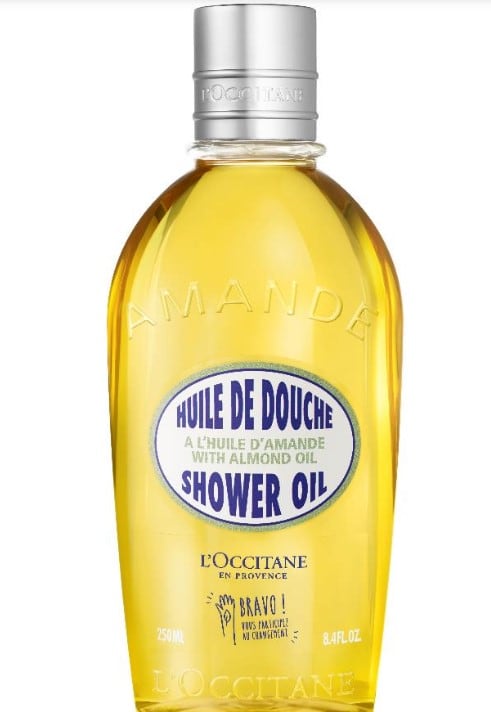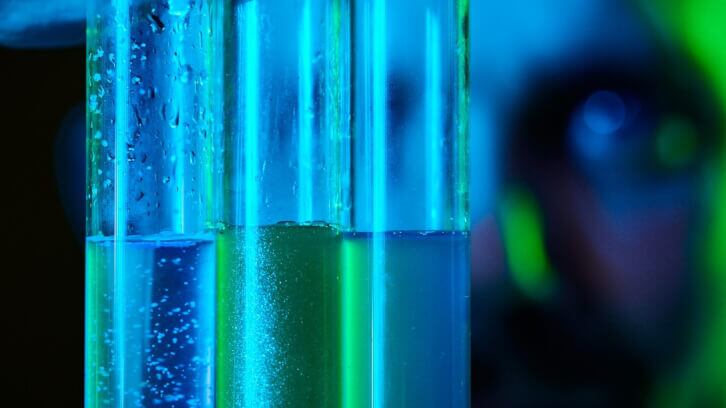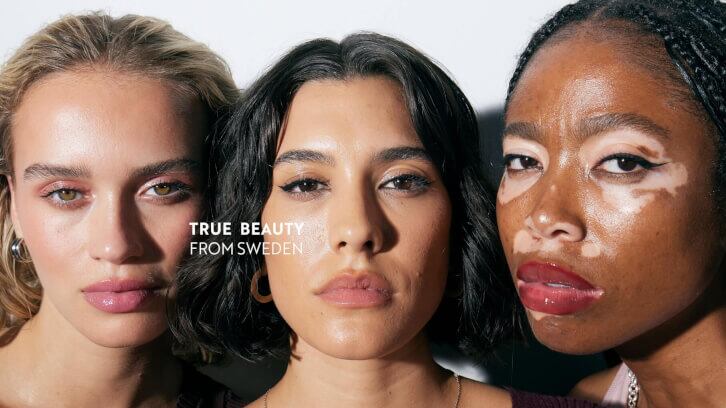Cosmetics brand L’Occitane en Provence has collaborated with biotech company, Carbios, and packaging firm, Pinard Beauty Pack, to create a transparent, 100%-PET bottle that’s made entirely from enzymatic recycling.
The new pack, which contains L’Occitane en Provence’s Amande shower oil, was the brainchild of Carbios – a pioneering French company that develops and industrialises biological technologies to reinvent the life cycle of plastic and textiles.
The company created the circular packaging using a enzymatic depolymerisation process.
The material started life as a mixture of coloured bottles, multilayer trays and mechanical recycling residues – none of which are currently recycled using conventional technologies – at a local PET waste supply, before moving to Carbios’ industrial demonstrator in Clermont-Ferrand, France, where the waste was deconstructed into its original monomers, PTA1 and MEG2, using its biorecycling technology.
These monomers were then repolymerised into new, fully recycled PET resins, which were then sent to Pinard Beauty Pack, where they were blow-moulded to create bottles before being filled with the almond shower oil at L’Occitane’s plant in Manosque.
Innovation “accelerates the transition to a circular economy”
The biotech company said that this European-centric approach “optimises the environmental benefits of the technology and the life cycle analysis (LCA) of each product, by reducing transport distances and integrating local collection and production processes.”
It noted that to meet the needs of international brands, similar chains will need to be established worldwide, based on this example.
“By taking into consideration the life cycle of materials and integrating recycling constraints right from the packaging design stage, manufacturers and brands can greatly optimise product circularity,” said the company.
Carbios CEO Emmanuel Ladent said he believed that this innovation “accelerates the transition to a circular economy by offering an alternative to petro-sourced PET and a circular PET recycling solution that reduces CO2 emissions by 57%.”
He noted that to create an efficient recycling sector, every player in the value chain will need to work together, and added that the new bottle “illustrates how the industry is moving forward.”
Carbios said that thanks to its highly selective enzyme, which is optimised for efficient PET degradation, its depolymerisation technology can handle all types of PET waste, including coloured, multilayer or textile waste that cannot be recycled with current technologies, so this technology can complement mechanical recycling technologies.
L’Occitane to “reduce reliance on fossil-based plastic”
L’Occitane’s R&D packaging director, David Bayard, shared that currently just over 50% of the company’s PET material is from recycled origin, but that thanks to Carbios’ new depolymerisation technologies, it will now be able to reach a target of 100% by 2027 for all its retail bottles.
“We are very satisfied with the quality of the bottle produced in collaboration with Carbios and Pinard, which enables us to reduce our reliance on fossil-based plastic and offers a viable alternative with equivalent quality and transparency,” he shared.
Meanwhile Pinard Beauty Pack’s plant director Paolo Coelho called the innovation a “new milestone” and explained that the bottle was blow-moulded under the same conditions and with the same parameters as virgin or mechanically recycled PET: “ a considerable advantage for the deployment of Carbios’ technology,” he explained.
Coelho also added that the packaging company was “seeing strong demand for high-quality recycled PET, which can be used to produce the same applications as with virgin PET.”
Carbios’ senior VP for corporate affairs & sustainability, Benedicte Garbil, and L'Occitane en Provence’s R&D packaging leader Martin Blondel are both set to speak about the new breakthrough packaging innovation at the Edition Spéciale by LuxePack show in Paris on Wednesday 5 June 2024.





